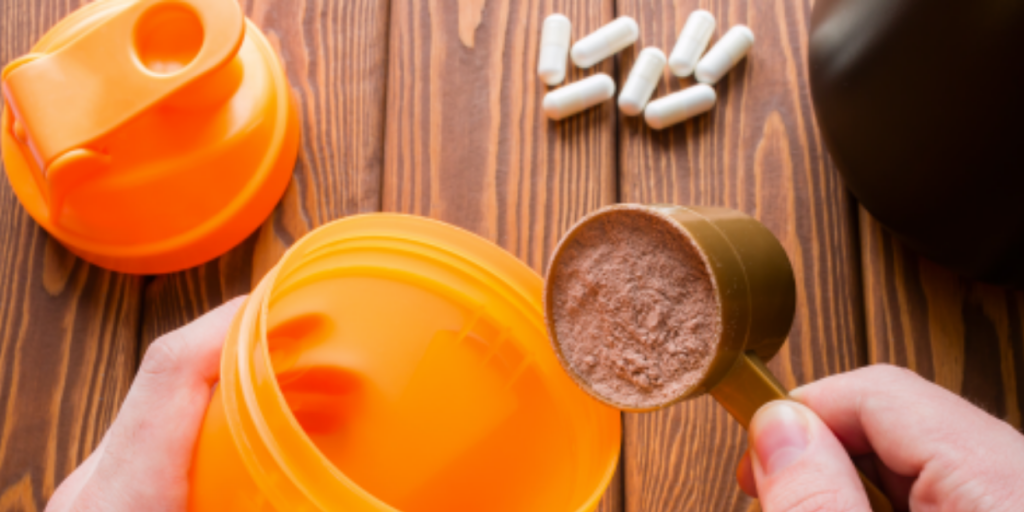No products in the cart.
Busting Creatine Myths Wide Open

You’re probably curious as to whether or not it’s safe for you, mainly because it’s surrounded by creatine myths, misconceptions and even a few anatomy-related horror stories.
Gym goers may have heard of the word CREATINE being thrown around casually in the gym. One might think that it’s an illegal substance like steroids or something like a performance enhancing drug. You’re also probably curious as to whether or not it’s safe for you, mainly because it’s surrounded by misconceptions, myths, and even a few anatomy-related horror stories.
Let’s crack these myths wide open, shall we?
Creatine Myths
Myth #1 – Creatine can destroy your kidney
Like any other health supplement, it’s important that you seek advice from your local physicians or nutritionists before taking creatine or any other creatine protocol. However, multiple studies have already shown that creatine is non-toxic and is safe for adults to use, given that they have a healthy renal function. People stating that creatine can cause damage to the kidney may have taken their story from someone who’s had a pre-existing health condition.
Myth #2 – Creatine is a steroid
This is definitely my favourite myth, given that creatine sounds like one of those illegal drugs like Ephedrine. Creatine is a legal dietary supplement that can easily be bought from your local pharmacies, health shops, and groceries. This is not a banned substance under the NCAA or IOC guidelines and has been sold as an over-the-counter product for almost two decades now. Creatine, much like other performance enhancing drugs, can boost muscular endurance, add volume to muscle mass, and increase strength; however, the only difference here is that these benefits are achieved through a non-hormonal pathway.
Myth #3 – Creatine causes cramps and injuries
This is the most prevalent creatine myth, mainly because it’s circulated people who have no inkling of an idea on what it is and how injuries are caused when it comes to lifting. For the general information of everybody, athletes, gym goers, and bodybuilders will suffer from cramps because of lack of hydration and electrolyte imbalance; your muscles are not getting enough water or losing too much of it.
In a large study done with 1500 participants, creatine supplementation did not increase the likelihood of athletes getting cramps. The study also showed that athletes who didn’t take creatine supplements were more likely to suffer from cramps than the athletes who did take creatine.
Another study done with 72 NCAA division 1 football players showed that supplementing with creatine reduced muscle cramps, tightness, soreness, dehydration, and total injuries.
